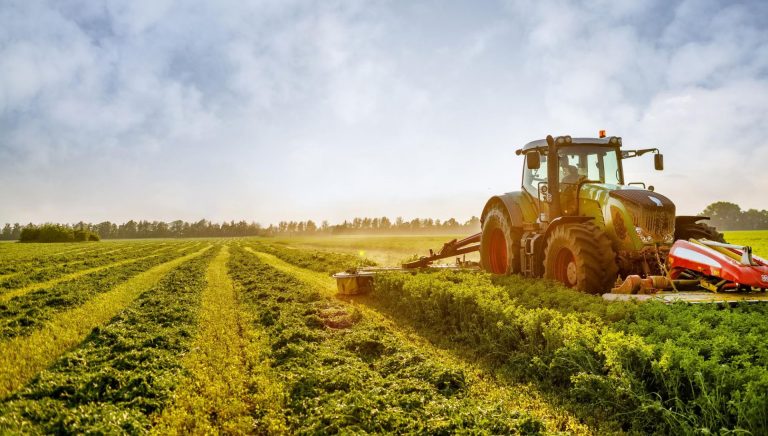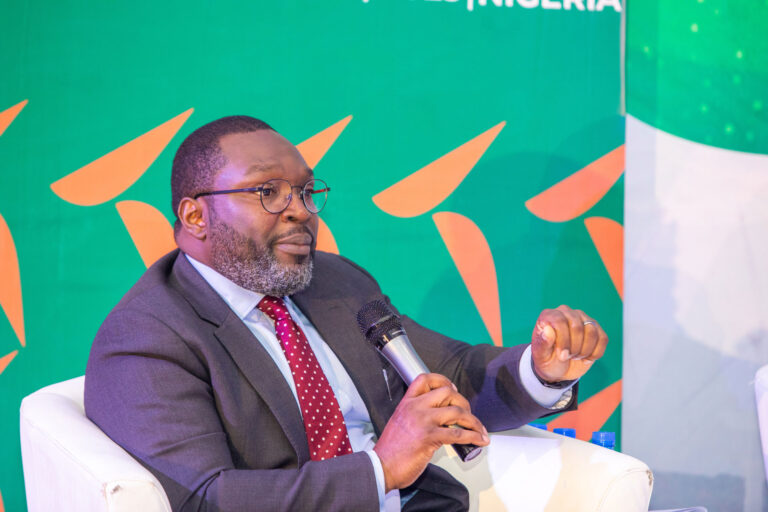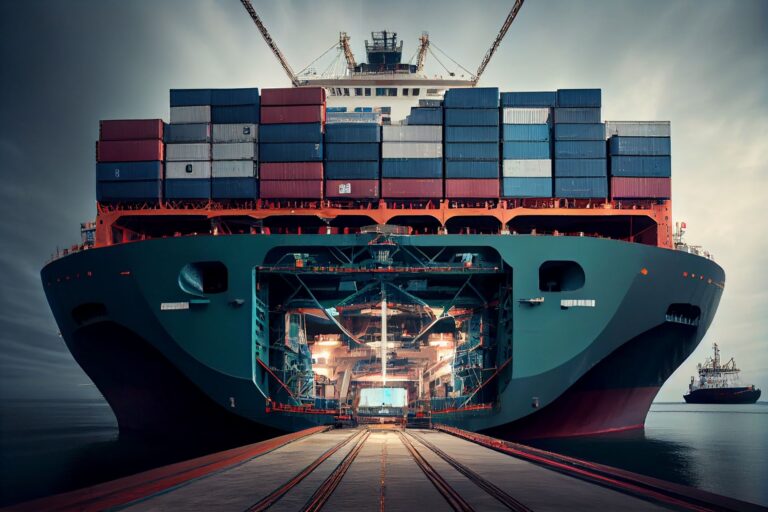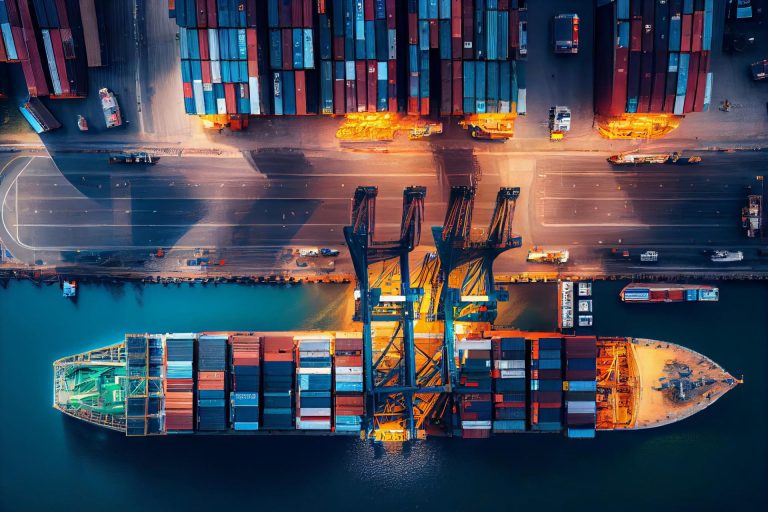Nigeria’s Special Agro-industrial Processing Zones (SAPZ) hold great promise for transforming the country’s agricultural sector and driving inclusive economic growth.
SAPZs are designated areas that focus on agro-processing activities, aiming to promote value addition and rural development, create employment opportunities, enhance agricultural productivity, and attract both domestic and foreign investment, and have been a critical part of the transformation of the agri-business sector in Vietnam, Thailand, Malaysia, and China.
With $520m funding support from the African Development Bank (AfDB), Islamic Development Bank (IsDB) and the International Fund for Agricultural Development (IFAD), Nigeria formally launched phase one of the SAPZ Nigeria programme in October 2022.
The kick of phase of the SAPZ Nigeria programme has identified eight locations across seven States in the country and the FCT. The project locations were strategically chosen based on agricultural resources, market access, and infrastructure availability. Once implemented, these zones will offer a platform for integrating various stakeholders, including farmers, agribusinesses, processors, and exporters, to collaborate and leverage on each other’s strengths.
FDI as a catalyst for economic development
Foreign Direct Investment (FDI) plays a crucial role in driving economic growth by bringing capital, technology, skills, and market access to the host country. FDI can also stimulate domestic investment, create employment opportunities, enhance productivity and competitiveness, and foster innovation and entrepreneurship. FDI can have positive spillover effects on the local economy through linkages with domestic suppliers, customers, and competitors. FDI can also contribute to the social and environmental sustainability of the host country by adhering to high standards of corporate governance and social responsibility.
Nigeria currently ranks as the third-largest recipient of foreign direct investment (FDI) in Africa, following Egypt and Ethiopia. The country is recognized as one of the most promising centers of growth on the continent, attracting a significant number of investors. According to the UNCTAD’s 2022 World Investment Report, FDI inflows to Nigeria amounted to USD 4.8 billion in 2021, more than doubling the previous year’s figure of USD 2.3 billion in 2020.
FDI in agro-processing involves foreign companies investing in the establishment or expansion of agricultural processing facilities within a country. Nigeria’s SAPZ presents a unique opportunity to attract FDI and unlock the potential of the country’s agricultural sector, given its unique locational advantage as the country is rich in agricultural resources, including fertile land, abundant water supply, a diverse range of crops suitable for processing, and is home to Africa’s largest consumer market.
SAPZ as a mechanism for attracting FDI
Successful SAPZs provide reliable and efficient transport, energy, water, and digital infrastructure, as well as logistical support and a streamlined regulatory framework that make them attractive destinations for investors seeking to establish or expand agro-processing operations. The attractiveness of these sites is normally linked to the proximity and ease of access to input crops, other raw materials, aggregation, and primary processing capabilities. As well as certification and market access support services that enable goods produced in these zones to have clear market linkages to domestic and export markets.
Many of these services, whose absence is directly linked to the low productivity and competitiveness of African industry, remain key challenges for Nigeria today. The SAPZ Nigeria programme therefore presents the opportunity for the designated locations to concentrate the required investor-friendly reforms in transport, digital, energy, water, and logistical infrastructure required to significantly improve the efficiency, reliability, and economies of scale required to reduce input costs and meet global standards that can collectively serve to improve the competitiveness and productive capacity of businesses located within these zones.
Our experience in supporting the implementation of the AfDB’s SAPZ Nigeria programme across several States in multiple Phases of the SAPZ Nigeria programme has provided our experts with critical insights into the broad range of private sector investment opportunities associated with the planning and implementation of SAPZs, across the entire agro value chain for a range of crops. Governments at both the national and subnational levels, however, have a critical role to play in attracting and unlocking this potential foreign and domestic investment.
Key insights and recommendations
Below we briefly share some of our insights into what is required to attract foreign (and associated domestic) investment to support the implementation of the SAPZ Nigeria programme:
- Strengthening the Regulatory Framework: Enhancing the ease of doing business and streamlining regulatory processes can attract investors. Implement investor-friendly policies, such as simplified registration procedures, transparent licensing, and clear guidelines for foreign investors.
- Investment Promotion and Marketing: Launch targeted marketing campaigns to showcase the investment opportunities across the entire value chain for designated priority crops in SAPZ. Participate in international trade fairs, investment forums, and business conferences to engage with potential investors and highlight the advantages of investing in Nigeria’s agro-processing sector.
- Public-Private Partnerships (PPPs): Foster collaborations between the government, private sector, international aid agencies and DFIs international organizations to create a supportive ecosystem for FDI and PPPs. Establish PPPs to provide financial incentives, technical assistance, and capacity-building programs for investors.
- Infrastructure Development: Improve infrastructure in and around SAPZs, including transportation networks, energy supply, water management, and waste treatment facilities. Accessible and reliable infrastructure is critical for attracting investors and facilitating smooth business operations.
- Investor Protection and Security: Ensure a safe and secure investment environment by streamlining and strengthening legal frameworks, protecting intellectual property rights, and promoting stability and security in the SAPZ areas. Investors need assurance that their investments will be safeguarded.
- Sector-specific Incentives: Offer targeted incentives for agro-processing investments in SAPZ such as customs duty exemptions on machinery and equipment, research and development grants, and access to concessionary financing through development banks or investment funds.







